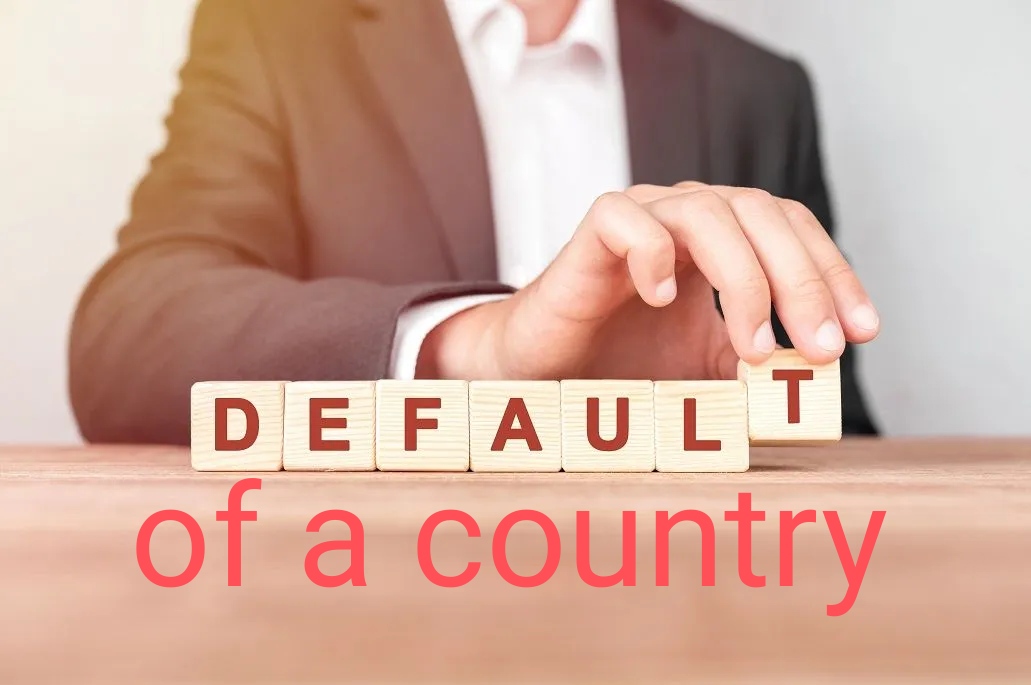How a country becomes default?
A country becomes default when it is unable to pay its debts on time. This can happen for a variety of reasons, such as an economic downturn, a mismanaged government budget, or external factors such as a natural disaster.
When a country defaults, it typically means that it has missed a payment on a loan or bond that it has issued. This can lead to a number of consequences, including:
- Credit rating downgrades: A default can lead to credit rating agencies lowering the country's credit rating, which can make it more difficult for the country to borrow money in the future.
- Market turmoil: A default can cause uncertainty and volatility in financial markets, leading to a decline in the value of the country's currency and assets.
- Increased borrowing costs: A default can lead to an increase in the interest rates that the country must pay on its future borrowing, making it more expensive to service its debts.
- Legal consequences: A default can lead to legal action by creditors, such as lawsuits to recover the unpaid debt.
In order to avoid default, a country may need to implement measures such as spending cuts, tax increases, or restructuring its debts. However, these measures can also have negative consequences, such as slowing economic growth and increasing social tensions. It is generally in a country's best interest to avoid default whenever possible.

Comments
Post a Comment